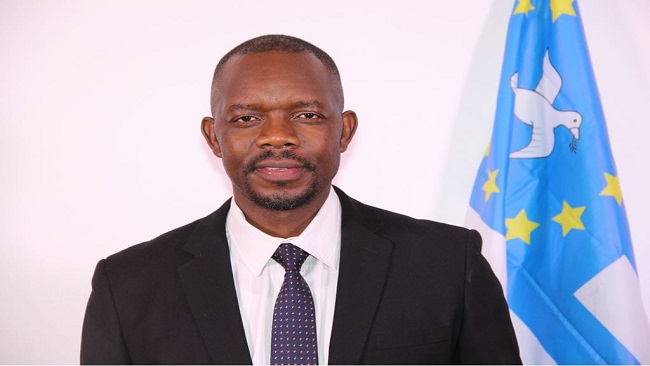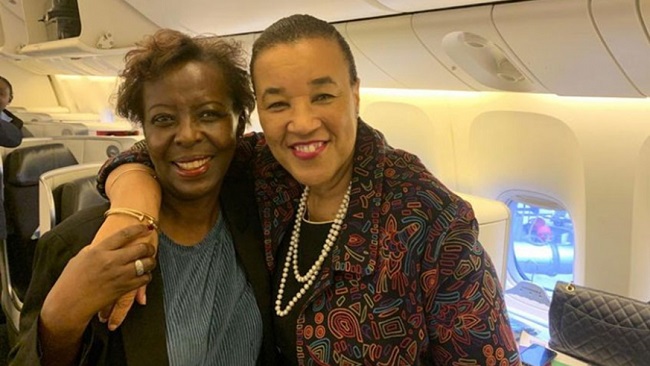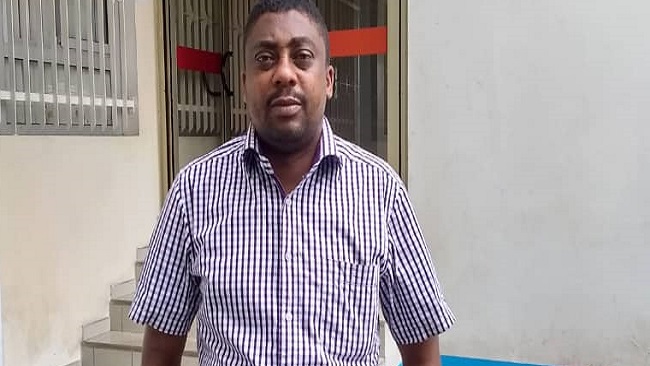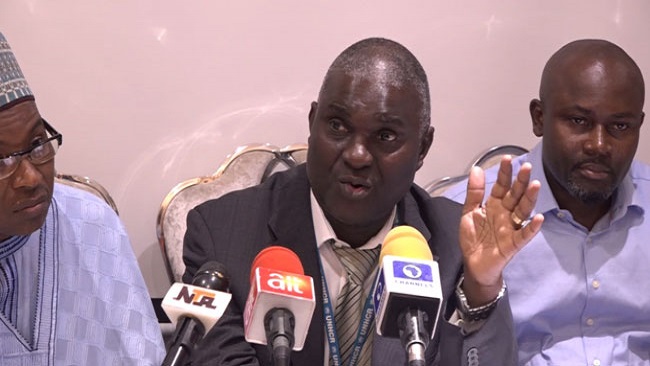29, November 2019
Zimbabwe on brink of man-made starvation 0
Zimbabwe is on the brink of man-made starvation and the number of people needing help is “shocking” for a country not in conflict, a United Nations special expert on the right to food said Thursday.
Hilal Elver said she found stunted and underweight children, mothers too hungry to breastfeed their babies and medicine shortages in hospitals during her 10-day visit to the economically shattered country.
She said the southern African nation is among the four most food insecure states in the world. The others — Yemen, South Sudan and Somalia — have been ravaged by war. Zimbabwe’s food crisis has the potential to spark fighting, the U.N. expert said.
“I urgently call on the government, all political parties and the international community to come together to put an end to this spiraling crisis before it morphs into a full-blown conflict,” she said.
The consequences of hunger have been dire, Elver said. School dropouts, early marriage, domestic violence, prostitution and sexual exploitation are on the rise.
She blamed widespread corruption, mismanagement, natural disasters, droughts and sanctions for the crisis. Zimbabwe is facing its worst economic difficulties in more than a decade.
More than 60% of the population of 16 million is now considered food insecure. “It comes from (a) dysfunctional system,” the U.N. expert said.
About 5.5 million people in rural areas face food insecurity. In urban areas, about 2.2 million people lack access to basic public services, including health and safe water, according to figures by U.N agencies and the government. Electricity is cut up to 19 hours a day.
“These are shocking figures and the crisis continues to worsen,” Elver said. Where food items are available most people have no money to buy, she said.
Critics blame the administration of President Emmerson Mnangagwa, who has struggled to fulfil promises of prosperity since taking power in 2017 after the forced resignation of longtime leader Robert Mugabe.
Mnangagwa blames recurrent droughts and sanctions imposed by the United States for the crisis. The U.S. says the sanctions target entities and individuals, including Mnangagwa, over rights abuses, not the country at large.
AP




























29, November 2019
UK Elections: Prime Minister Boris Johnson 1999 views on Nigerian obsession with money pops up 0
As he works to deliver the much awaited divorce of the United Kingdom from the European Union, British Prime Minister Boris Johnson’s decade-old views deemed insulting to Nigerians has surfaced.
The man who has vowed to deliver Brexit has been accused of making “racist and offensive” comments by implying Nigerians are obsessed with money. His controversial views date 20 years ago when he was a journalist.
In an October 1999 article he wrote as Editor of the Spectator, Boris took a swipe at young Brits but in so doing compared them to Nigerians saying that young people “have an almost Nigerian interest in money and gadgets of all kinds.”
In another column which has come to light, Johnson blamed single mothers for “producing a generation of ill-raised, ignorant, aggressive and illegitimate children”, saying that social housing was an enticement for them to become pregnant.
The prime minister has been under pressure in recent months over a series of comments he made during his career as a columnist, writer and editor, including referring to black people as “piccaninnies” with “watermelon smiles” and arguing Islam has caused the Muslim world to be “literally centuries behind” the west.
Critics have bashed Johnson for his comments which they say follow a pattern of sexist and misogynistic words and behaviour.
Source: Africa News